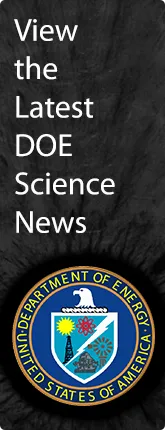Scientists Claim Brain Memory Code Cracked
Center for Consciousness Studies, University of ArizonaDespite a century of research, memory encoding in the brain has remained mysterious. Neuronal synaptic connection strengths are involved, but synaptic components are short-lived while memories last lifetimes. This suggests synaptic information is encoded and hard-wired at a deeper, finer-grained molecular scale.











